Leasing a car in the UK is a fantastic alternative if you want to take advantage of a new car without owning it for an extended period. Because of its adaptability and affordability, it is a preferred option for many people. Since most people don’t know, they have several disputing end-of-car lease charges UK problems. Lessees frequently run into surprise expenses at the end of a lease, which can be annoying and occasionally unjustified.
It can be frustrating because taking a car lease can end in a lose-lose situation. However, how can one avoid any unforeseen issues regarding the end-of-car lease? This article will walk you through the procedure for disputing end-of-car lease charges UK issues so you can know how to resolve it.
What is an End of a Car Lease Charge Dispute?
There is no perfect way to understand an end-of-car lease charge dispute than using an example with support from the Financial Ombudsman.
Let us look at a case study concerning Mr. Greg, who returned his leased car with minor damage after his finance agreement. He received additional charges from the auto rental firm, including £350 for roof damage. Mr. Greg denied the allegations and asked the Ombudsman for assistance. He acknowledged that he had scratched the front of the car and demanded payment for the scratch and the extra miles. He refuted the roof damage claim, claiming that the company had given contradictory information.
The Financial Ombudsman requested the company’s documentation showing how they define “fair wear and tear” for the roof. According to the company, there could be no more than two little dents under 2 cm each. According to the company’s images, the roof was damaged in three places, but the Ombudsman could only find two dents that fit their size criteria. Upon inspection, the Ombudsman determined that the damage was “fair wear and tear,” advising the hiring firm to forego the £350 roof damage charge.
Type of End of Car Lease Charges
Since you understand what an end-of-a-car lease charge entails, it’s also important to note that these charges are of various types. Your return fees can fit into one of the following categories. We’ve listed them below to keep you informed.
Excess mileage charges

You will decide on a yearly mileage cap at the start of your lease. The higher your limit, the more your monthly payments will be because the car’s value declines as you put more miles on it. To compensate for some of this lost value, you must pay an excess mileage fee if you exceed your limit.
Even though it may be tempting to reduce your annual mileage to lower your monthly payments, if you can’t stick to it, you’ll spend considerably more money at the end of the lease. Talk to brokers about your possibilities if you require a high-mileage lease.
Servicing with the wrong dealer
Your car’s anticipated final value is also predicated on the fact that it has a complete manufacturer service history. You will be informed upfront if you must regularly have your car serviced at a particular franchised dealership. Your leasing company will only be pleased if you attempt to have it serviced at a separate garage or get it serviced at all.
Maintaining your leased vehicle’s condition ensures that it is safe to drive and extends its life, increasing its value. Since the manufacturer can do the greatest tune-up, your leasing company will request you to go directly to them. Going to another dealer from the manufacturer prescribes will incur lease car return damage costs.
Poor maintenance
It would help if you didn’t wait until your automobile is in for service to complete all your maintenance activities. Modern cars are outfitted with various high-tech devices allowing them to communicate with you, when necessary, maintenance is needed. The warning lights on your dashboard will alert you to any problems with your lights, fluid levels, fuel, and more.
When your lease expires, you could be tempted to disregard these lights in the hopes that another person will take care of the issue later on. You will be charged if your lease company takes up your automobile with the dashboard flooded with fairy lights.
When your final payment arrives, you’ll deeply regret not topping off your windshield washer fluid when you realize how simple and inexpensive it is compared to the premium the broker would charge you for failing to do so.
Process of Disputing End-of-Car Lease Charges UK
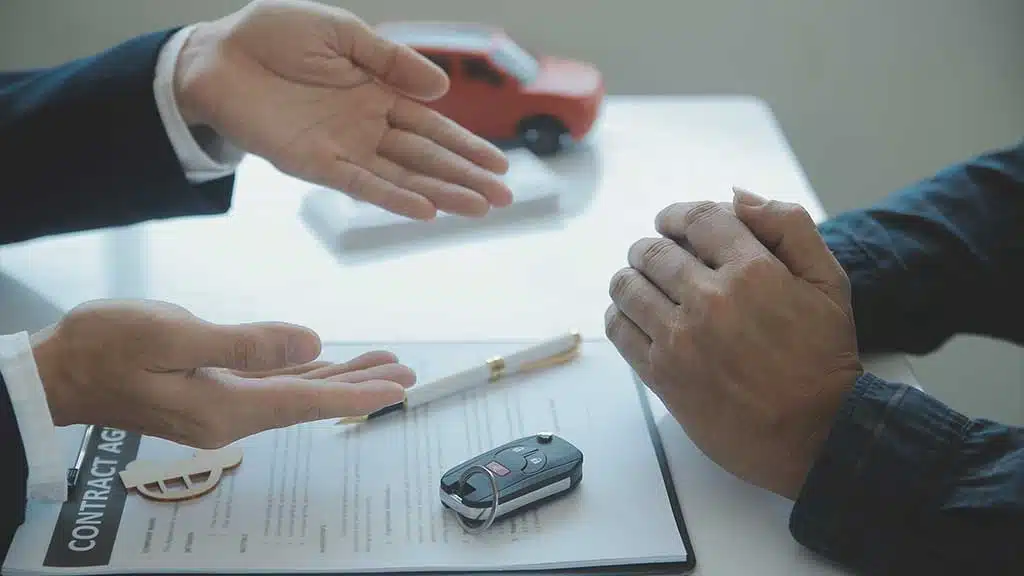
Disputing end-of-car lease charges UK issue is possible, especially if you know the process to follow. The most crucial thing to remember is that you have the option of disputing the charges with any leasing firm that is a BVRLA member.
They will follow the BVRLA fair wear and tear car lease guidelines for damage and require servicing and tire maintenance documentation. However, fair wear and tear is a gray area that needs further examination following an inspection because it is subject to interpretation. The following will help in disputing end-of-car lease charges UK issues.
Vehicle inspection and Collection
You should start planning for the possibility of being charged as soon as the inspection begins. Examine the leasing company’s Fair Wear and Tear Policy. To examine and retrieve your car, the lease company will use a third-party firm as the inspector. Their only responsibility is gathering an in-depth report on defects, missing service records, or missing equipment connected to your car.
Furthermore, after the completion of the inspection, you would sign the report. This will include any information they have discovered that might be subject to charges. At this stage, it is crucial to note in the report that you are disputing end-of-car lease charges UK issues with the results because doing so will support your argument. At this point, it’s crucial to understand that the lease company will only sometimes invoice you for the items listed in the inspector’s report, which will be forwarded to them.
Failed Inspection or cancellation charges
For delayed cancellations or unsuccessful collections, lease companies would charge (around £200). Most inspection companies require a 48-hour cancellation notice. A failed collection will incur additional fees from the inspection company. This will happen if no one is present to meet the inspection, if the car has any danger lights on, if the tires are worn illegally, or if it has no MOT.
Registering your dispute with the leasing company
After the inspection, the leasing firm will evaluate the inspector’s report and deliver their fees as an invoice. Before the money is due, there will be a waiting period. During this time, you can contest the charges.

The best approach to accomplish this is to email your complaint to the lease company’s customer service department and then make a phone call in response. You must explicitly specify the charges you want to challenge in your email, including an invoice attachment.
How to Prevent Future End of Car Lease Dispute?
Taking precautions and being diligent during the UK auto lease time is crucial to avoid arguing any end-of-car lease charges later. Here are some actions to prevent disputing end-of-car lease car charges UK issues.
Understand Lease Terms
It’s crucial to read a lease agreement carefully before you sign it and understand the terms and conditions. Any provisions relating to fees after your lease should be carefully read. It is important to contact the leasing company and ask for explanations if you have any questions.
Regular Care and Repairs
Throughout the lease duration, periodically maintain and repair the rented vehicle to keep it in good shape. Ensure to adhere to the manufacturer’s recommended maintenance schedule, which typically calls for oil changes, tire rotations, and vehicle inspections. Additionally, it’s crucial to take care of any maintenance or repair concerns immediately to avoid them worsening and possibly resulting in more lease car damage charges.
Communication with the Leasing Company
It’s critical to maintain open lines of contact with the leasing firm. Ensure to notify the relevant parties immediately and request their assistance if you experience any issues or concerns while leasing. In addition to allowing you to discover a solution that works for everyone, promptly addressing problems can help avert conflicts.
Clear up Charges and Policies
To know your rights, if you need to dispute the end of auto lease charges and rules in the UK, ask the leasing firm for clarification. Recognize the difference between what is termed regular wear and tear and what is excessive. Knowing these facts will help you avoid erroneous charges and prepare you before the lease expires.
Keep Documentation
Maintaining accurate lease-related documentation is crucial. This entails documenting receipts for repairs and maintenance and any correspondence with the leasing firm. Having these records on hand can provide a thorough history of the car’s maintenance and upkeep and be helpful in any disputes.
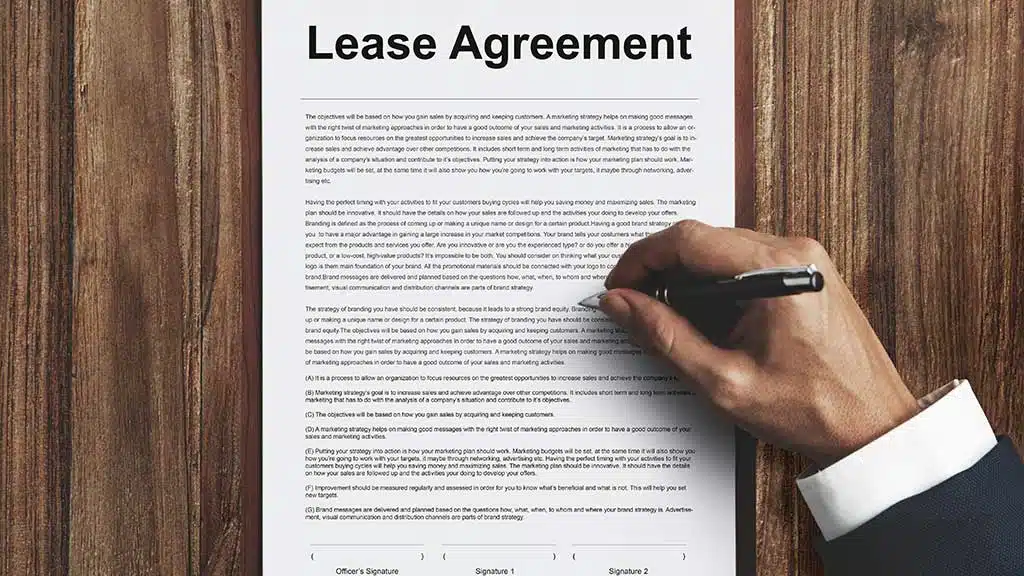
Following these precautions will minimize the possibility of disputing end-of-car lease charges UK problems. By doing this, you can ensure your experience is easier and more enjoyable.
Conclusion
Disputing end-of-car lease charges UK can be a complicated process. Nevertheless, if you know your rights, accurately comprehend the lease agreement, and learn how to communicate well, you can confidently move through this environment.
After carefully reading the lease agreement and gathering supporting documentation, a significant discussion with the leasing firm should be attempted. It’s critical to obtain legal counsel if you run into legal difficulties.






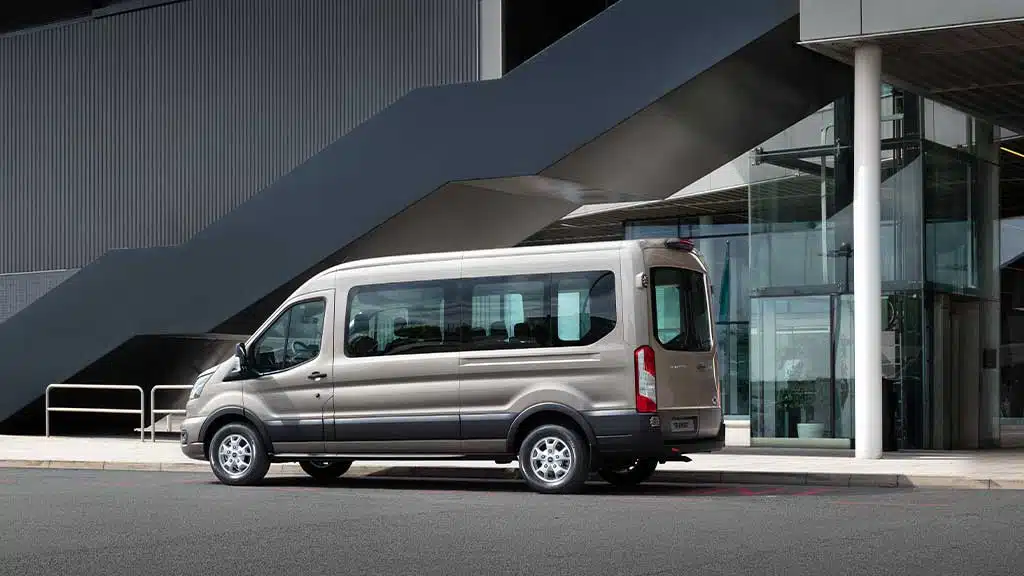






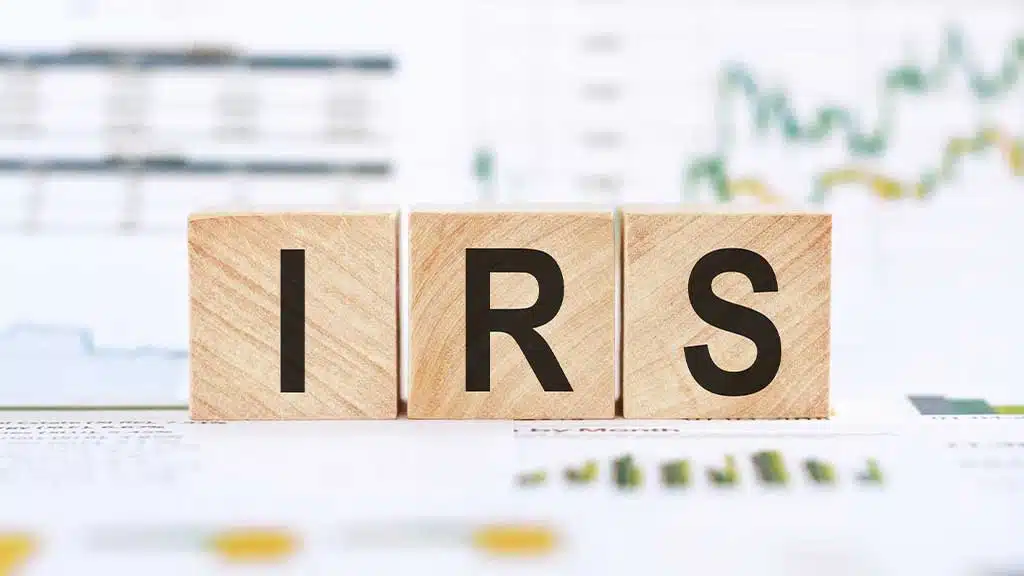





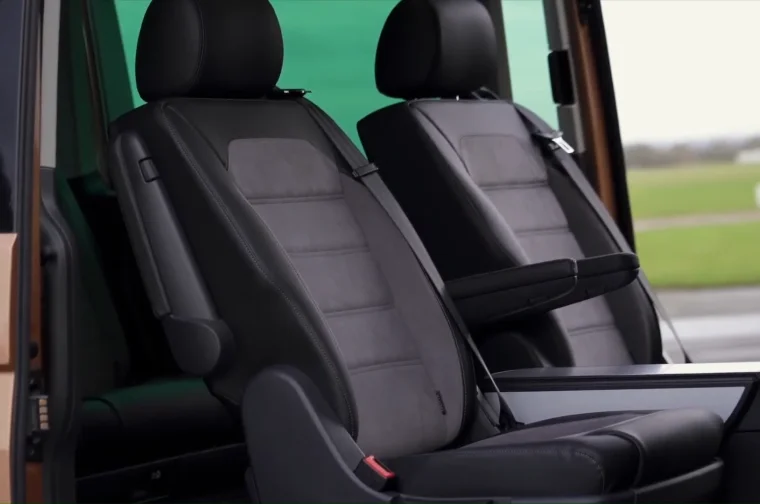




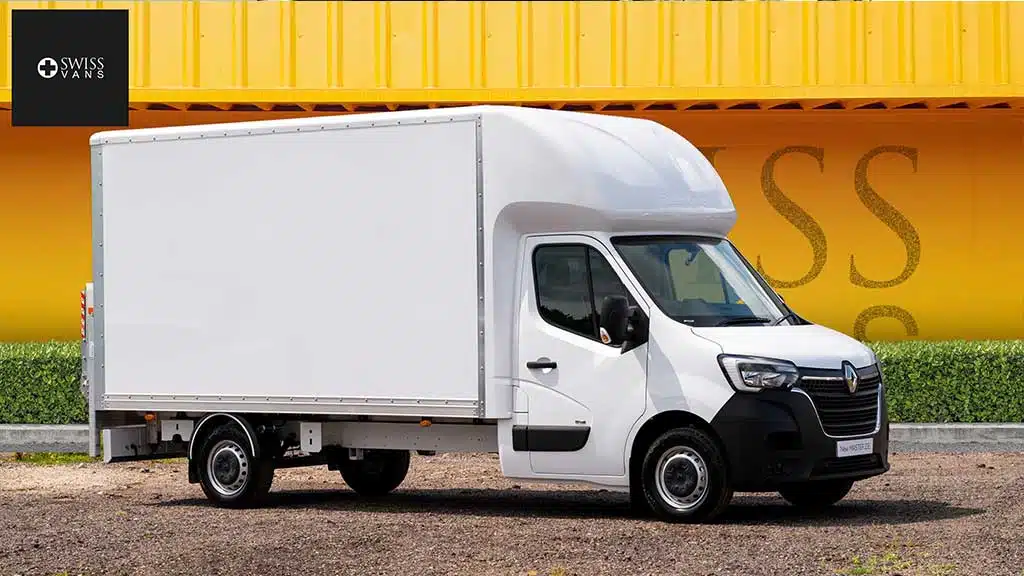
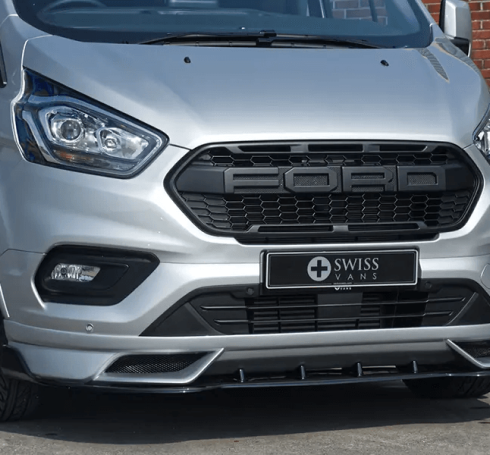








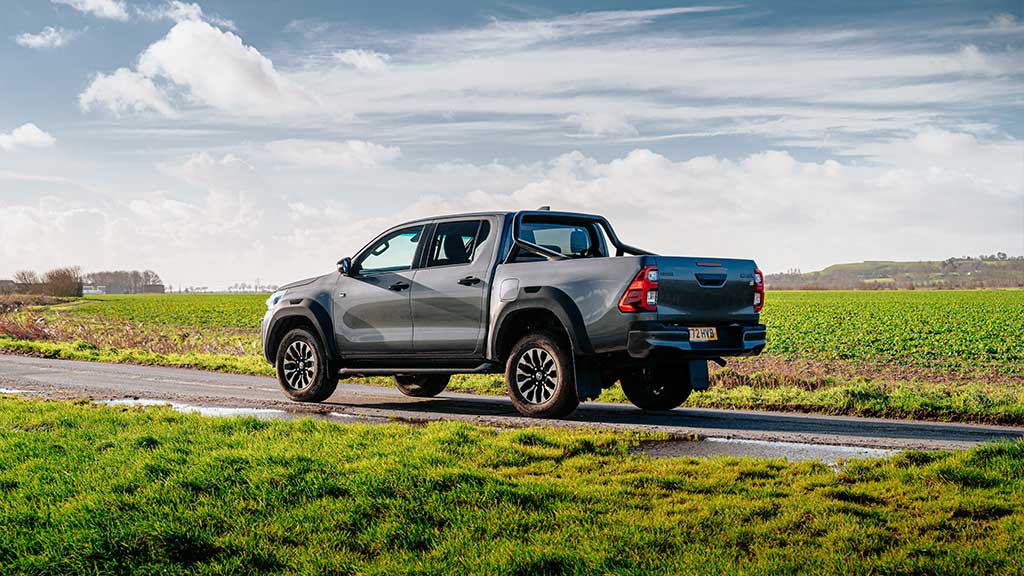

















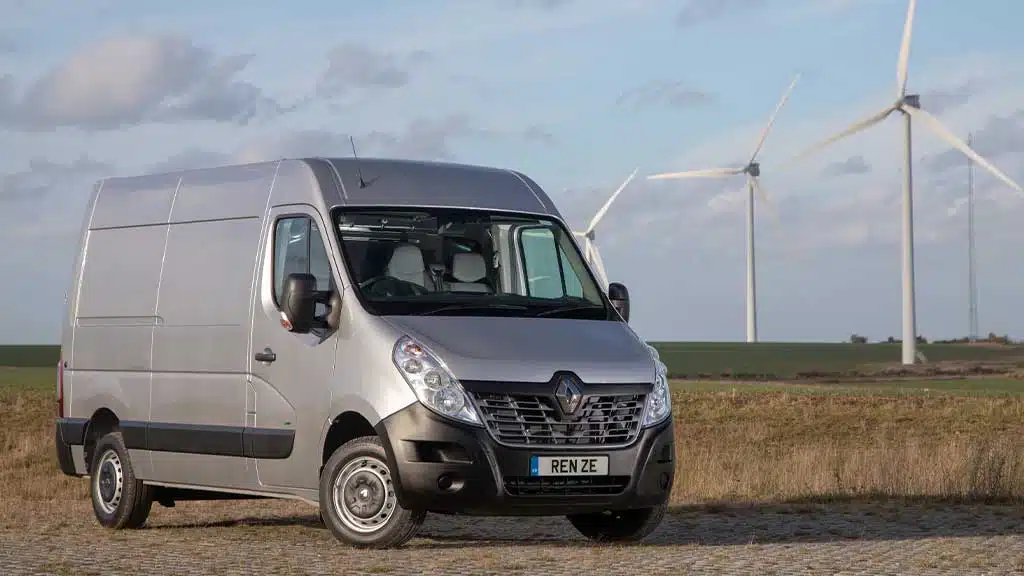
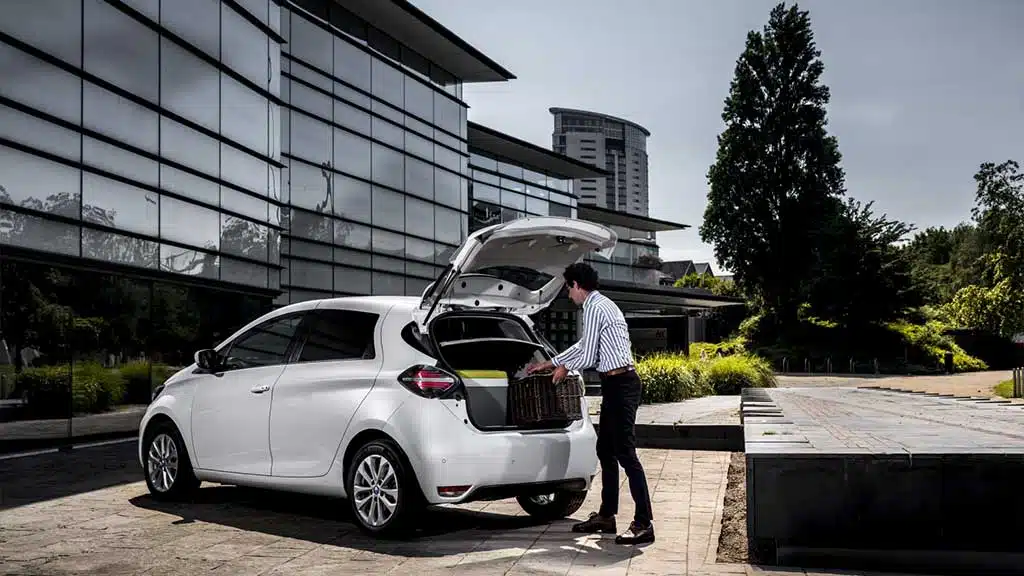

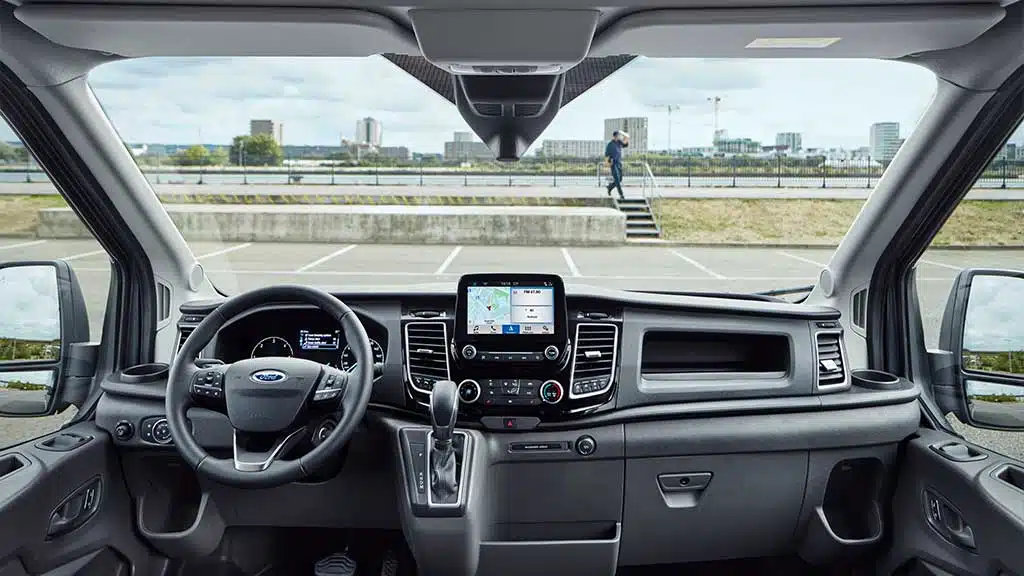





0 thoughts on “Disputing End-of-Car Lease Charges in the UK”
Hi should I pay my lease bill while I am in dispute with them claim it back or can I wait until I have got it checked by theBURLA and final exehasted every earer